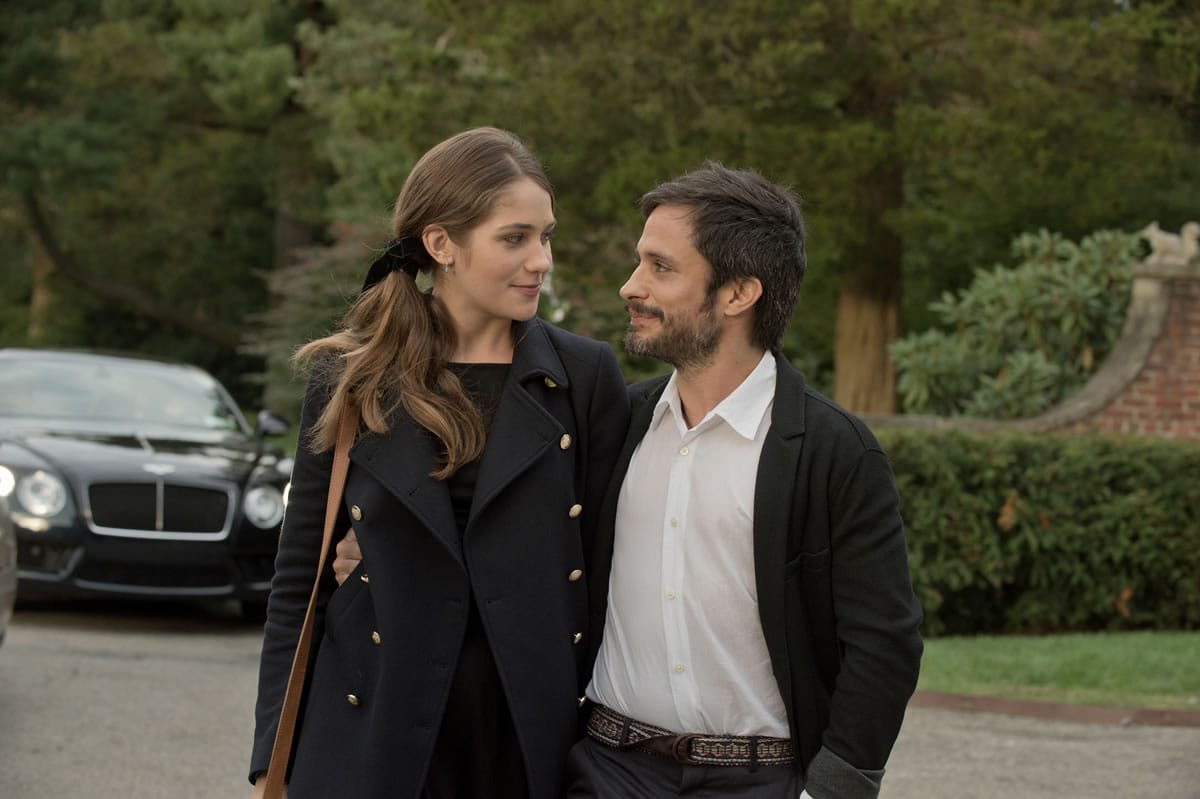Last month, Amazon posted the entire first season — 10 episodes — of a new series about classical music, “Mozart in the Jungle.” The series, which stars such luminaries as Bernadette Peters, Malcolm McDowell and Gael García Bernal, is nominally based on the book with the same title by Blair Tindall, an oboist, that rocked the easily scandalized classical-music world when it came out in 2005. All the book actually revealed was that classical musicians, in the 1980s, had sex and did drugs, much like people in other fields, but classical music is supposed to exist in some higher realm, at least to those who love it. (How soon they forget Franz Liszt.)
Tindall did, however, spend a lot of time doing research to back up her assertions that the classical-music field is not all it’s cracked up to be and to present a no-holds-barred portrayal of the realities of that world. The Amazon series is another matter altogether. As I mentioned in a review last month, it seizes on the sex-and-drugs part of the equation and goes off into some cloud-cuckoo-land fantasy of what the field might look like that has almost nothing to do with reality.
Here’s the thing, though: Research was done. Quite a lot of research, in fact. I’ve heard from several people since my review appeared who were approached by the show’s creators about serving in some advisory capacity. And there’s evidence that the writers — Roman Coppola, Jason Schwartzman, Paul Weitz and Alex Timbers — had facts at their disposal.
Example: When the series protagonist, a young oboist named Hailey (Lola Kirke), auditions for the “New York Symphony,” the conductor Rodrigo (Bernal) decides to hire her on the spot. But we can’t hire her, he’s told; we already have four oboes. “Well, then,” he says (I paraphrase), “I’ll change the first performance of the season to the Mahler 8th, because it has a fifth oboe. My contract specifies that I can change up to three performances a season.” I imagine the writers’ glee at having tracked down a piece that calls for five oboes. But they utterly missed the bigger picture, which is that the Mahler 8th — called the “Symphony of a Thousand” because of the size of the forces required, including a full chorus and eight vocal soloists — is a major undertaking for any orchestra. The thought of doing it because you need to accommodate an oboist is, for anyone in the field, extremely funny.



